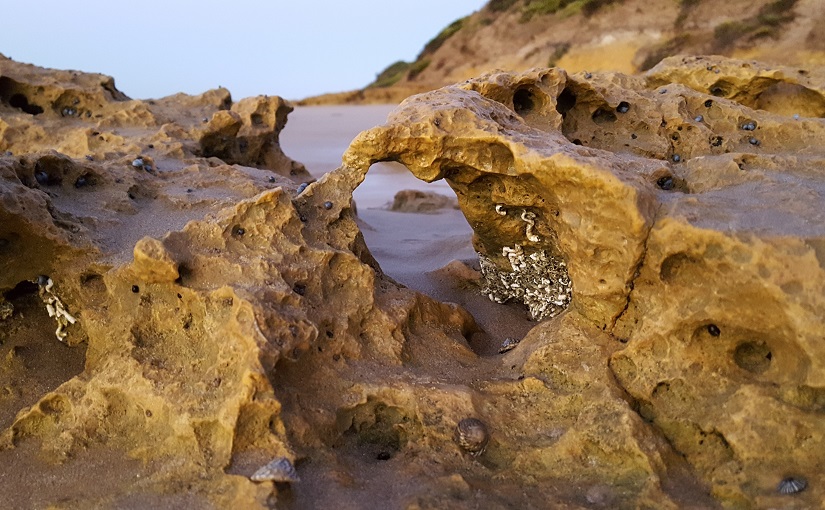It’s almost as if we’re poured into this. We “meet” the world in the faces it turns towards us – family, peers, culture, community, education, social systems all merging together into the sense of meaning we have of life. What we become surely depends, in large part, on what we meet? Then, what we make of it.
And, of course, we’re not the same. What hurts one deeply might be a nothing to someone else. The meaning things hold in our eyes must be fairly unique: the unrepeated convergence of our own perspective; the way experiences merged into all we believe, know and feel so deeply (Notes One).
Who are we to say the experiences of another don’t count? Isn’t everything that touches on the shore of our islands meaningful? All that comes to tell us how the world sees us and how much it cares.
If people are told they are “wrong” – their understanding of life, the way they’ve crafted their identity around it – what does that mean? Life, conceivably, is the meaning we find within it and how we attach that to the personal self. Each living through this, taking part, finding our way. (Notes Two)
Sometimes, despite the best intentions, people can miss the point of their own worth or misunderstand the ways of the world. It’s possible. In subtle ways, we can believe that our views, our thoughts and being, don’t matter as much as assuming the “right” veneer.
People can become buried rather than alive inside. Disconnected. Feeling it doesn’t matter what we carry within us, as the world isn’t interested. If “life” doesn’t connect with us, doesn’t draw “us” out or seek what we have to offer, it’s perhaps natural we withdraw in self-defence?
What exactly are life, youth or education? Is this simply performance? Wanting others to be “like us”, we draw them into the drama of our own lives – offering them parts to play, assigning roles, accommodating interests somewhat as we’re all subsumed into the ongoing narrative of pre-existence. To some extent, yes.
But then one thing leads to another and it’s all compounded: wounds, mistakes, errors in judgement become our lives, met and often exacerbated in every encounter. Walls get higher, deeper, stronger. Heels dug deeper in confusion at the messages we’re receiving from life. Alone, we might doubt everything.
It’s interesting, really. From an early age so much seems set in motion that can easily spiral into something more lasting: labels can stick, behaviour or communication patterns becoming how we’re seen, how we relate to others, and how we see ourselves. Limitations in skill or understanding can become “the self” (Notes Three).
How can we break that? Can we come to see our personal development as almost inevitably flawed, yet, somehow, wrap that reality in a greater understanding? Can we create wholeness – healing – by somehow letting go of all that’s harmed us, then dust ourselves off to get on with “life” in this equally flawed yet insistent world? Hopefully, we can.
Notes and References:
Note 1: What it is to be human
Note 1: Personal archaeology
Note 1: What if it all means something?
Note 2: Absolute or relative value
Note 2: Do we know what stands before us?
Note 2: The dignity & power of a human life
Note 3: What you’re left with
Note 3: Living as an open wound
Note 3: We’re all vulnerable
On the flip side of all this, there’s This thing called love, Love of self & Problems & the thought that created them.

